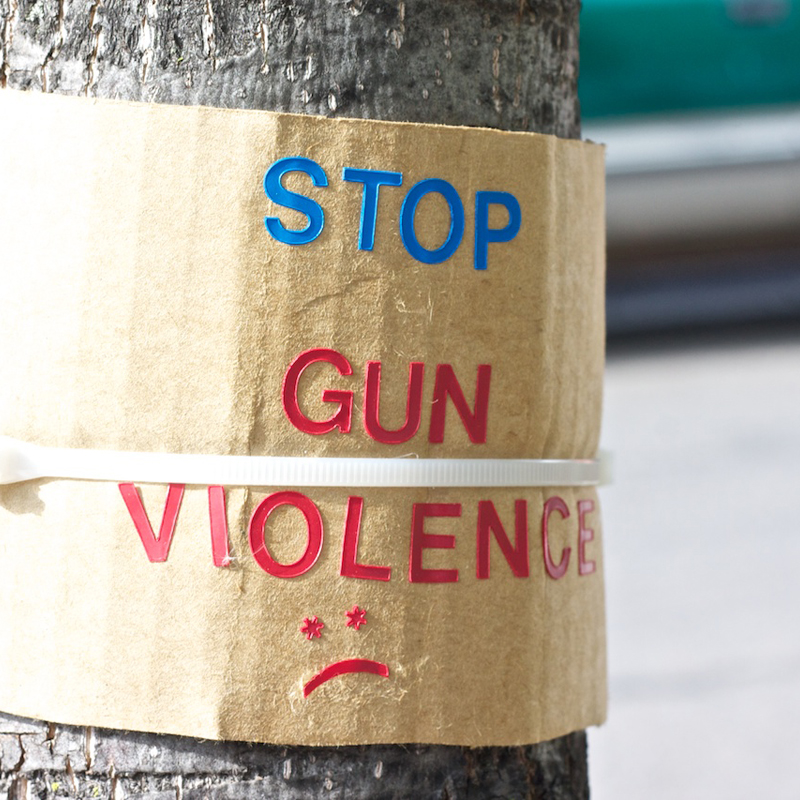It’s just horrible to think of just how common shootings occur and it’s becoming nearly impossible to shield our children from such events. It’s very hard to address such tragedies with our children and there’s no single way as parents to approach it.
During a speech detailing gun violence in the nation, President Obama began to cry while talking about Sandy Hook.
Via YouTube
With the number of mass shootings have our children become immune to gun violence?
It’s important to address your children’s concerns and not just blow off their questions. Parents do not want children to live in fear, but be honest; let your kids know that you are frightened too and that’s okay.
How do you comfort your kids when they are exposed to an act of gun violence?
The age of your child as well as the timing of the event will play a role in how you address the issue.
Experts say if your child is younger than five, they are probably too young to discuss it. Before this age, they are most likely unable to process the information. However if they are at risk of hearing it from others it’s best to talk to them.
When your child is old enough to ask about it then they are probably ready to talk about it. Keep your answers simple. Follow their lead; don’t give them too much information which may frighten them even more.
With teenagers – go online with them and research, discuss what they see on social media. Keep the dialogue going and make school safety a common topic in your family discussions rather than just a response to an immediate crisis. Having open dialogue will encourage children to share their concerns.
Discuss the safety procedures that are in place at your child’s school. For example, explain why visitors need to sign in at the principal’s office or certain doors remain locked during the school day. Help your child understand that such precautions are in place to ensure his or her safety and stress the importance of adhering to school rules and policies.
After your discussions – If you are worried about your child’s reaction or have worries about his/her behavior or emotions, contact a mental health professional at school or at your community mental health centre.
The National Mental Health Association offers these suggestions:
- Encourage your kids to talk, for example if they feel safe whilst at school.
- Speak openly with your kids about how you feel about school violence.
- Have empathy when listening to your child talk about his/her feelings.
- Help you kids understand it is important to report any violent incidents – such as suicide chats, bullying etc.
- Ensure your kids are well aware of the school safety codes and procedures.
- Have a safety code within your family, to help your kids know which trusted adult they can confide in.
- Keep the conversation ongoing and recognize any out of character behavior.
- If you are concerned about your kids speak to a professional at school or your doctor.
